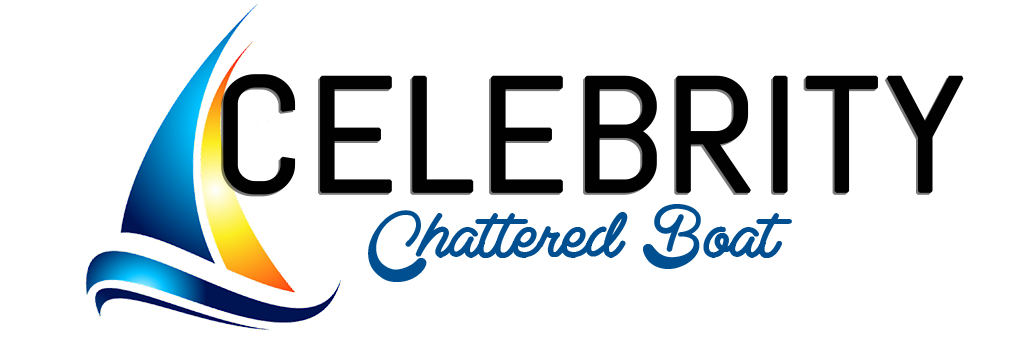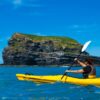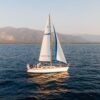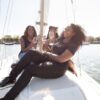Boating Regulations in Lake Lanier, GA
Located in the foothills of the North Georgia mountains, Lake Lanier spans 38,000 acres and serves as a favored spot for activities including boating, fishing, swimming, and camping. Home to various marinas, resorts, and restaurants, the lake is positioned in Hall, Gwinnett, Forsyth, and Lumpkin counties in Georgia. Prior to embarking on any water adventures, it is crucial to familiarize oneself with safety regulations, as various agencies, including the USACE, GADNA, and local authorities, enforce boating regulations. All Celebrity Chatered Boats operators must adhere to and take responsibility for operating in accordance with local guidelines. This involves obtaining appropriate registrations, passes, permits, and ensuring compliance with vessel and captain requirements. Operators are also required to use designated docks and boating areas for commercial activities, as specified by local laws and facility regulations. To assist with this, we have compiled essential details for boating on Lake Lanier. Boater Education Certificate: Individuals born on or after January 1, 1998, must complete a boater education course approved by the Georgia Department of Natural Resources (DNR) before operating a vessel on state waters, including Lake Lanier. Vessel Registration: Any motorized or sailing vessel exceeding 12 feet in length must be registered with the Georgia Department of Natural Resources before being used on state waters. To register your boat, you will need to complete the registration application, pay the corresponding fee, and present documentation of vessel ownership. Additionally, it is essential to obtain a validation decal from the Georgia Department of Natural Resources, as it is required for legally operating your vessel on Georgia public waters. Insurance: Safety, business protection and regulatory compliance are crucial reasons to obtain adequate insurance coverage. Contact our partner, Boat Charter Insurance , to discuss your unique needs USCG Captain’s License: Boat captains must have a valid US Coast Guard license that matches the size and type of vessel they operate. Vessels carrying up to six passengers require a 6-pack license, while those with more than six passengers require a Master Captain’s license. Captains are responsible for the safety of their charter vessels and everyone on board. To learn more about captain’s licenses, visit Mariners Learning System. Apply the code CELEBRITY CHATERED BOATS 10 to enjoy a 10% discount. Certificate of Inspection (COI): For commercial passenger boats on Lake Lanier carrying more than six passengers for hire, it is essential to possess a valid Coast Guard Certificate of Inspection (COI). This certification guarantees compliance with safety standards, including the presence of sufficient fire extinguishers, life jackets, and other safety equipment on the boat. Additionally, the COI verifies the proper staffing of the boat with an adequate number of qualified crew members who are capable of safely operating the vessel. Additional information can be found on the USCG website. USACE Special Use Permit: A Commercial Special Use Permit from the US Army Corps of Engineers (USACE) is required for conducting any commercial activities on land or water managed by USACE at Lake Lanier. To initiate the application process for this permit, please reach out to the Lake Lanier Operation Management Office at (770) 945-9531 and schedule an appointment with the ranger. Additional Information: Boat owners must obtain a business license from the county where they intend to operate their vessels. A manifest listing all passengers must be maintained on board commercial vessels. Safety equipment, including personal flotation devices (PFDs), fire extinguishers, sound-producing devices, life rings, throw ropes, and first aid kits, is mandatory on all vessels. Children under 13 must wear a life jacket at all times while on Lake Lanier. Various speed limits are enforced on Lake Lanier, such as a 55 mph limit on open water and a 10 mph limit within 100 feet of docks, piers, bridges, shorelines, or individuals in the water. Passenger Pick Up/ Drop Off: Several places allow boat drop-offs and pickups for rentals, and here are a couple with designated passenger zones. Before finalizing your plans, be sure to verify the pickup and drop-off policies with the marina or dock. Holiday On Lake Lanier: Located at 6900 Lanier Islands Pkwy, Buford, GA 30518. Burton Mill Boat Ramp Access:Located at Flowery Branch, GA 30542 Bolding Mill Boat Ramp: Located at 4055 Chestatee Rd, Gainesville, GA 30506.








